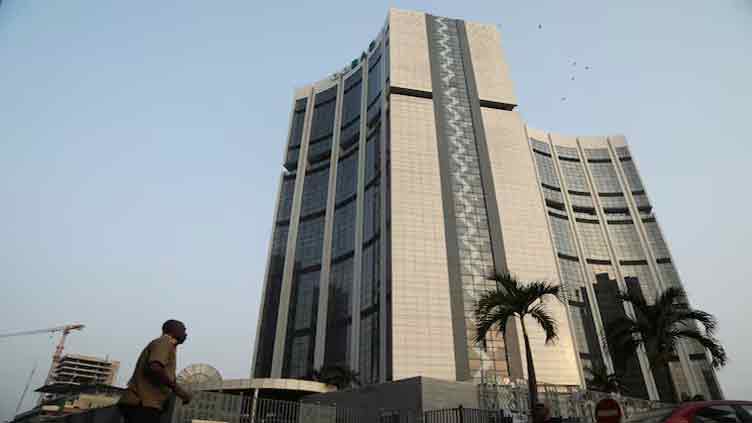Africa needs $25bn, debt structuring to avoid a lost decade: AfDB

Business
22 African countries are at high risk of debt distress
- Debt servicing payments will hit $74bn this year, up from $17bn in 2010
- In the same year, 57pc of Africa's debt was from concessional financing, now it is around 25pc
- Proportion from other commercial lenders and bonds have risen from 17pc to 55pc
LONDON (Reuters) – Africa needs quicker debt restructurings, more favourable lending terms and some $25 billion for the Africa Development Fund to avoid a lost decade, the head of its development bank said.
The continent was suffering from "long fiscal COVID" and the world was not doing enough to help it move past the punishing years of the pandemic and global interest rate hikes, which had tipped several countries into default, said Akin Adesina.
"The G20 Common Framework, which is the bilateral and multilateral path to do (debt restructuring), must work faster for Africa," Adesina said in a speech on Friday at London's Chatham House, adding: "We can't afford to have a lost decade."
Adesina also called for a $25 billion replenishment of the African Development Fund, the concessional arm of the African Development Bank (AfDB) that lends to vulnerable countries.
In the last replenishment committed $8.9bn for the 2023 to 2025 financing cycle, the largest in its history.
Zambia this week became the first country to finalise a debt rework under the Common Framework – the format developed by the G20 to help poor countries renegotiate unsustainable debt with all creditors – including China, which substantially expanded its loans to the developing world in the past decade.
But Zambia's process took nearly four painful years, which its leaders and others have said was too long.
Ghana and Ethiopia are also both in default and Adesina said 22 African countries are at high risk of debt distress, forecasting that debt servicing payments will hit $74bn this year, up from $17bn in 2010.
"This is because concessional financing has declined," he said, adding: "You can't do development at commercial rates. We have to make sure that the global financing system delivers more for Africa and avoid economic divergences that are coming about because of slow economic recovery in Africa from COVID."
Adesina later told Reuters that the Common Framework needed to include speedier constitution of credit committees, and also said the Paris Club - the traditional group of mainly Western creditor governments - needed to be permanently expanded.
"The Paris Club was all about concessional lenders. But the world has changed," he said, adding that expanding it was important "because it will allow you to reach a faster dialogue and a resolution".
In 2010, 57 per cent of Africa's debt was from concessional financing, now it is around 25pc while the proportion from other commercial lenders and bonds have risen from 17pc to 55pc.


